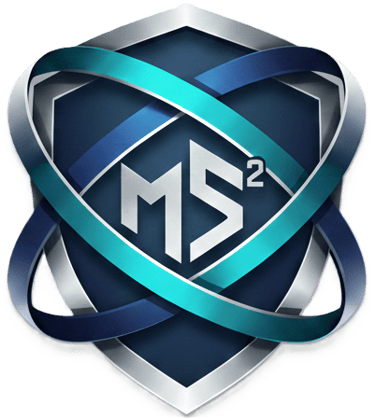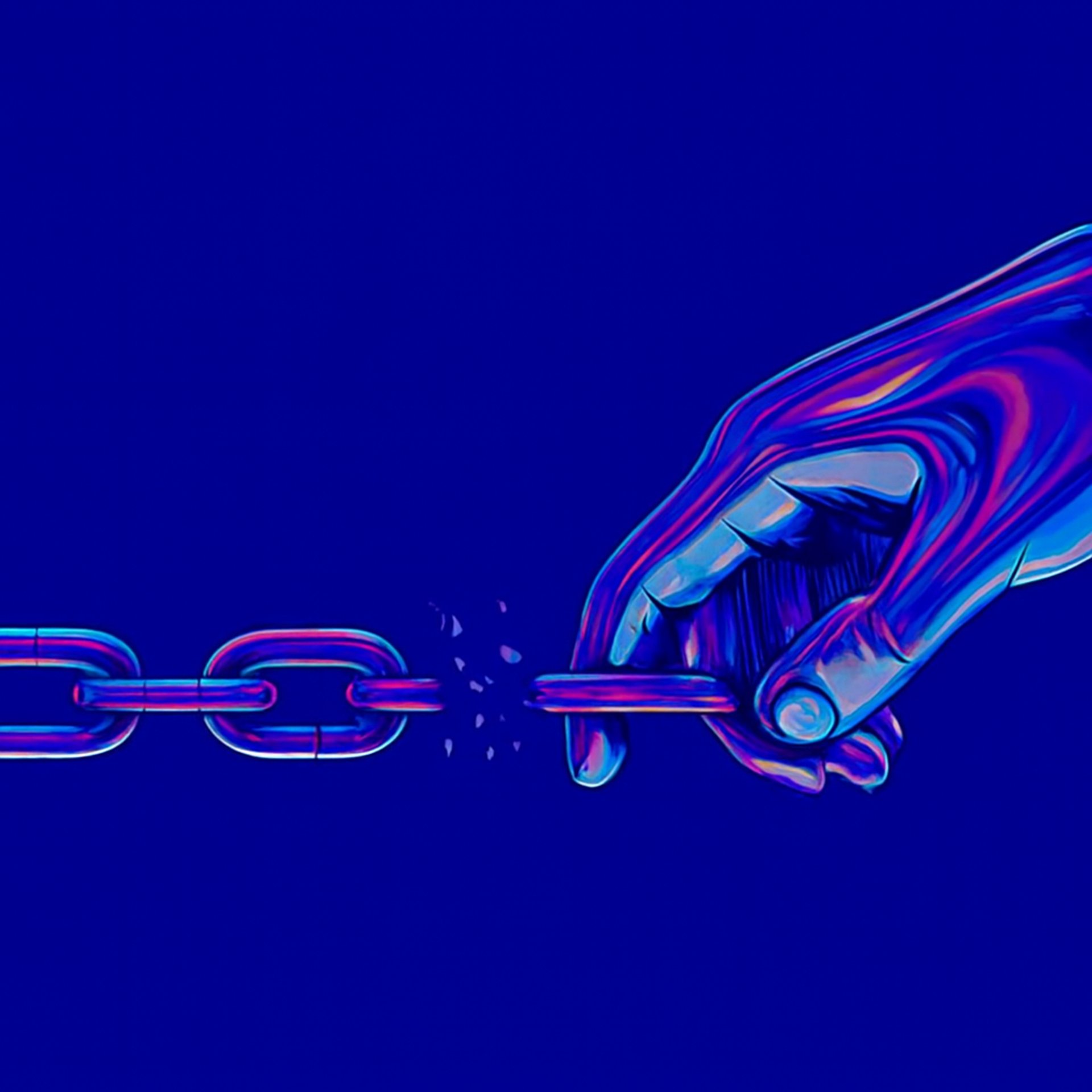
Unchain Potential with Precision AI
We make AI predictable through our Precision Prompting Framework (P^3), from unpredictable experimentation to governed enterprise capability.
What is Precision Prompting Framework?
Instruction Contract
Defines what the AI must deliver, with clear scope, constraints, and success criteria.
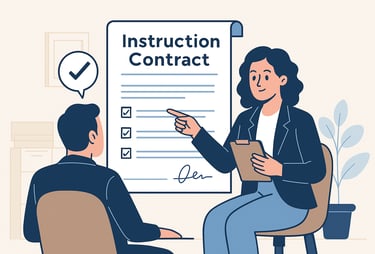



The Precision Prompting Framework is based on our Precision Prompting Protocol (P^3), a protocol that binds AI responses to 5 binding contracts, making its responses more predictable, reducing Iteration Cost, Hallucinations Risk, and Output Variability.
Context Contract
Anchors the task to goals, standards, compliance requirements, and target audiences.
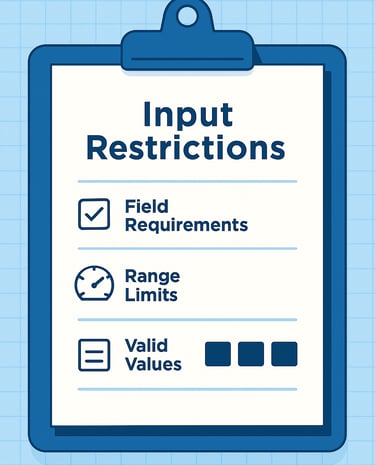

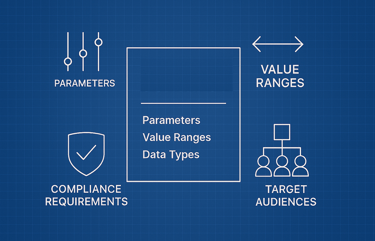

Input Contract
Specifies the structured data the model must consume, reducing ambiguity about parameters, ranges, and values.
Schema Contract
Enforces the required output structure (for example, JSON, SQL, Markdown), making malformed responses immediately visible.
Let us help you
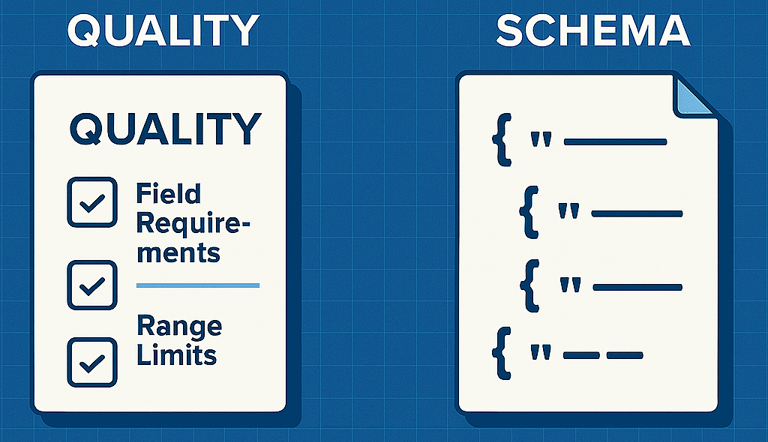

Quality Contract
Embeds verification rules such as counts, integrity checks, and self-review steps so basic errors are caught before human review.
Our Research
1
2
Precision Data Generation (PDG)
How to make AI/LLM generate high-quality data consistently.
Precision Code Generation (PCG)
How to make AI/LLM code better.
AI Oriented Solution Design (AIOSD)
Rethink Solution Design Practices using AI.
3
4
Contract-Driven Generative Architecture (CDGA)
New contract-driven methodology to specify and govern reliable generative systems in the AI era.

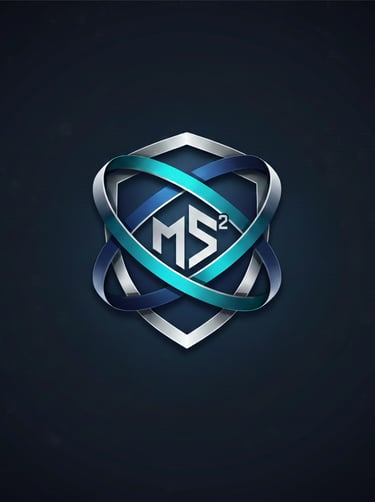
5
AI Capability Enhancing Tools (AICET)
Tools to complement AI capabilities.
Since the release of the first LLM, we saw the unlimited potential of AI and we've been working to unlock the power of AI by developing the Precision Prompting Protocol (P^3), a rigorous, contract-based framework that addresses the unreliability of ad-hoc prompting. Our R&D activities in Precision Data Generation (PDG), Precision Code Generation (PCG), AI Oriented Solution Design (AIOSD), Contract-Driven Generative Architecture (CDGA), and AI Capability Enhancing Tools (AICET) are focused on transforming AI from a chaotic experiment into a governed, scalable, and predictable enterprise capability.
Our research delivers reliable AI by focusing on Precision Data Generation (PDG) and Precision Code Generation (PCG), ensuring that AI-generated data and software are high-quality, accurate, and consistently secure from the first attempt. By pioneering Contract-Driven Generative Architecture (CDGA) and AI Oriented Solution Design (AIOSD), we are establishing the new methodological standard for building scalable, predictable solutions, while our AI Capability Enhancing Tools (AICET) integrate these innovations directly into enterprise workflows, making AI safer, more trustworthy, and exponentially more productive for every user.
How will you benefit?
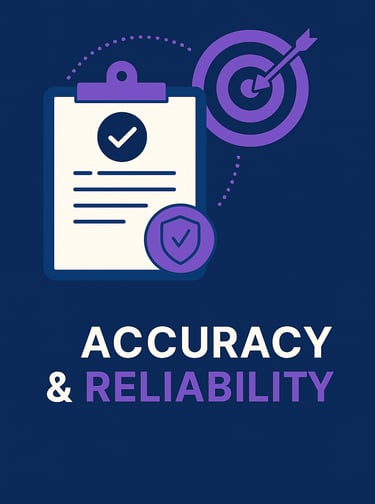

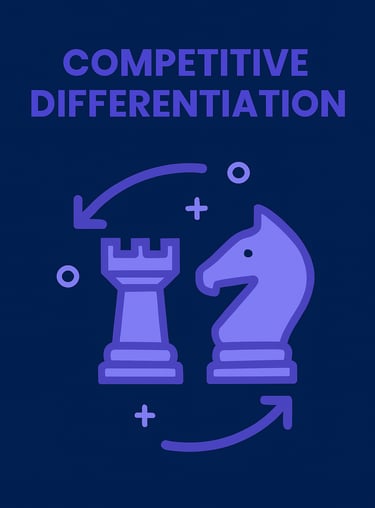

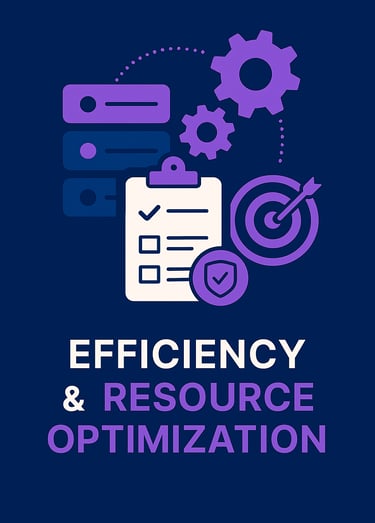





Contact us
Whether you have a request, a query, or want to work with us, use the form below to get in touch with our team.


